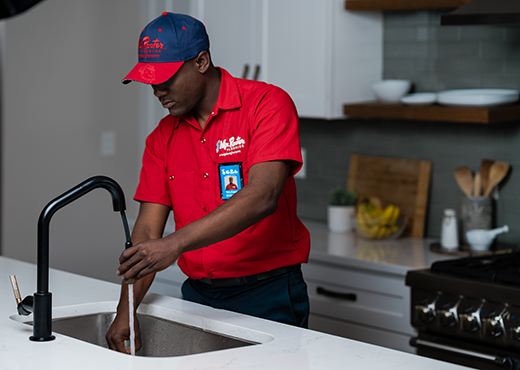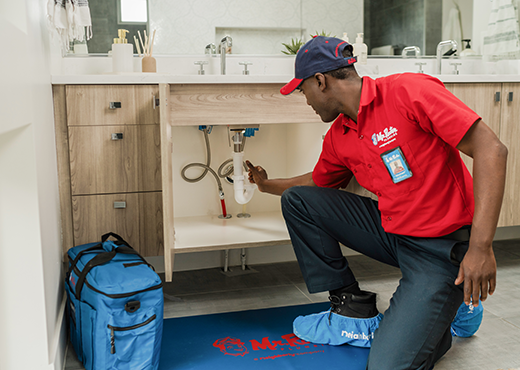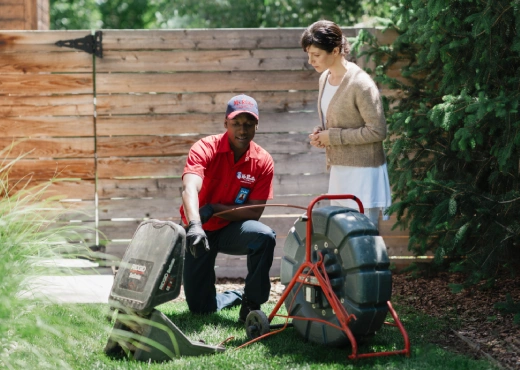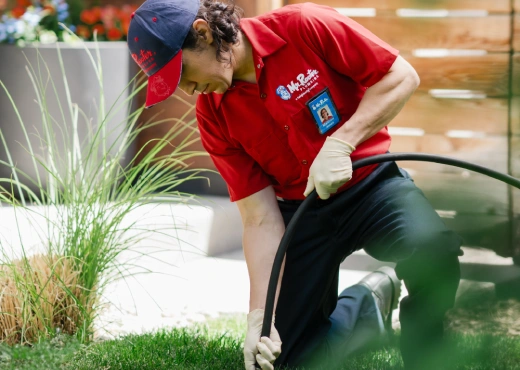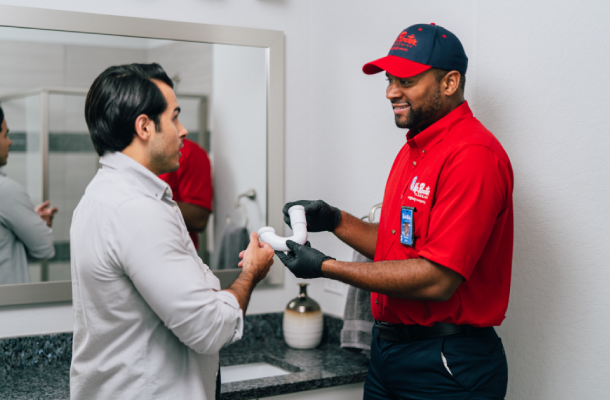Water heater lifespans vary widely depending on how they’re cared for, their model, and several other factors. But, on average, they last between eight to 12 years. Here are some key considerations to be aware of when assessing how long your water heater will last:
Understanding the lifespan: Water heaters typically last between eight and 12 years. However, several factors can impact their longevity, including the quality of the unit, the amount of regular maintenance performed, and water quality.
Assessing water heater quality: Investing in a high-quality water heater from a reputable brand can significantly extend its lifespan. While they may initially come at a higher cost, their superior construction and durability make them worth the investment.
Regular maintenance: Proper maintenance plays a crucial role in prolonging the life of your water heater. Flushing the tank annually, checking the pressure relief valve, and inspecting for leaks or corrosion are essential steps to keep it running efficiently.
Water quality: The water quality in your area can impact the lifespan of your water heater. Hard water contains mineral deposits and can cause sediment buildup over time, leading to decreased efficiency and potential damage.
Factors affecting lifespan: Several factors can shorten or extend the lifespan of a water heater. Usage frequency, household size, and water temperature settings all impact the longevity of your appliance. Larger households, more frequent use, and a higher temperature setting can eventually strain the machine and reduce its lifespan.
Extending the lifespan: While the average lifespan of a water heater is eight to 12 years, you can take measures to extend it further. Installing a water softener system, using sacrificial anode rods, and avoiding excessive temperature settings can all contribute to longevity.
The importance of professional installation: When installing a new water heater, it’s crucial to rely on a professional. Improper installation can impact its efficiency and lead to safety hazards. Ensure that a qualified service professional handles the installation process.


